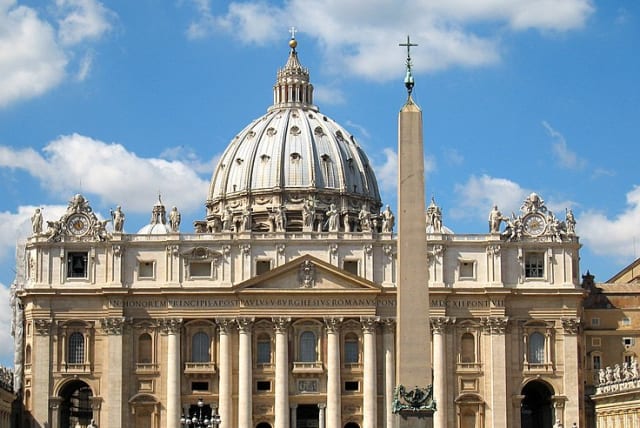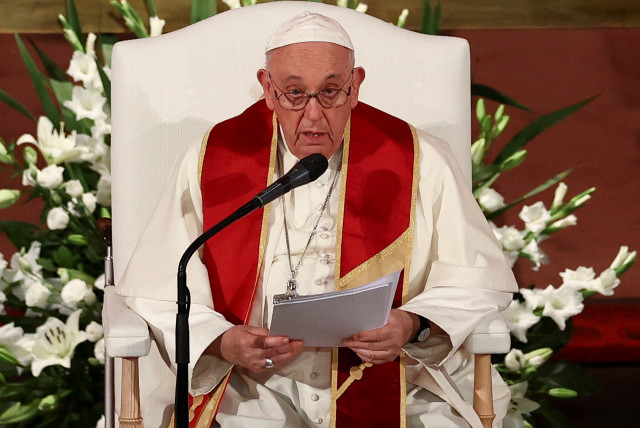Vatican eases rules on the ashes of the dead

In previous guidance from 2016, the Vatican said the ashes must be kept in "sacred places", and therefore neither at home, divided among family members nor scattered to the wind.
A small part of a dead person's cremated ashes may be stored in a place that was dear to them rather than in a church or cemetery, the Vatican said on Tuesday, softening its previous stance on the issue.
In previous guidance from 2016, the Vatican said the ashes must be kept in "sacred places", and therefore neither at home, divided among family members nor scattered to the wind.
It warned that a Christian funeral could be denied to those who request that they be scattered.
The Vatican's doctrinal office said on Tuesday those instructions remain valid, but added that relatives may ask for "a minimal part of the ashes of their relative (to be stored) in a place of significance for the history of the deceased person."
This would be on condition that anti-Christian practices such as pantheism or naturalism are "ruled out" and that the remaining part of the ashes are kept in a sacred place, the Dicastery for the Doctrine of the Faith said.
Cremation has ambiguous place in Catholic doctrine
Keeping ashes in a sacred place "ensures they are not excluded from the prayers and remembrance of their family or the Christian community," and prevents the departed "from being forgotten, or their remains being shown a lack of respect", the office said.
The Catholic Church has an uneasy relationship with cremation.
For centuries it banned the practice because it clashed with teachings about the resurrection of the body in the Last Judgment at the end of the world. The ban was lifted in 1963, but the Church still frowns on it.
Tuesday's statement, signed by the Vatican's doctrinal chief, Argentine Cardinal Victor Manuel Fernandez and approved by Pope Francis, was a response to questions posed by the head of the Italian Catholic Church, Cardinal Matteo Zuppi.
It also said the ashes of the dead may be mixed in a common urn, rather than kept separately, as long as the identity of each deceased is marked "so as not to lose the memory of their names."
Jerusalem Post Store
`; document.getElementById("linkPremium").innerHTML = cont; var divWithLink = document.getElementById("premium-link"); if (divWithLink !== null && divWithLink !== 'undefined') { divWithLink.style.border = "solid 1px #cb0f3e"; divWithLink.style.textAlign = "center"; divWithLink.style.marginBottom = "15px"; divWithLink.style.marginTop = "15px"; divWithLink.style.width = "100%"; divWithLink.style.backgroundColor = "#122952"; divWithLink.style.color = "#ffffff"; divWithLink.style.lineHeight = "1.5"; } } (function (v, i) { });

